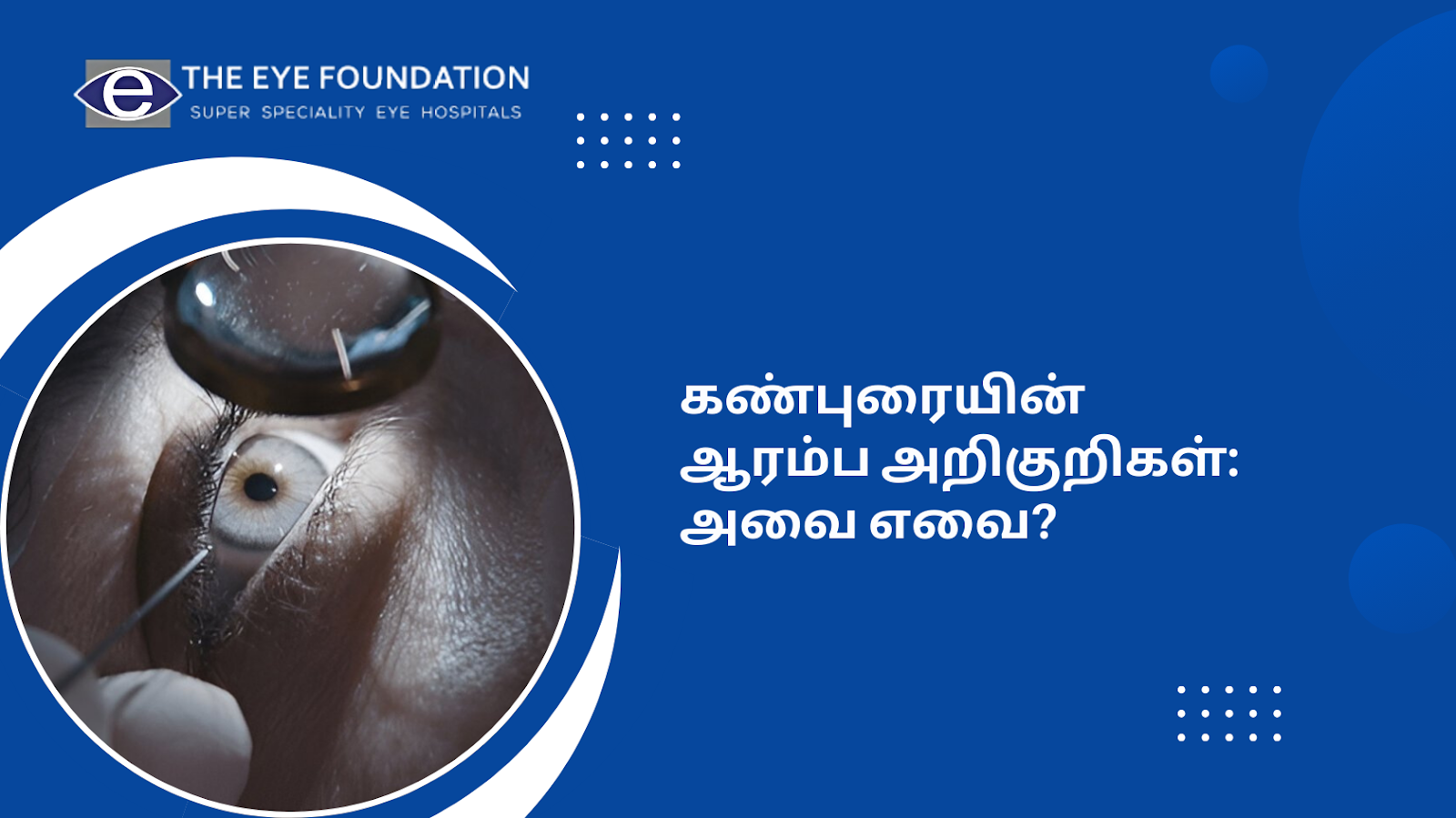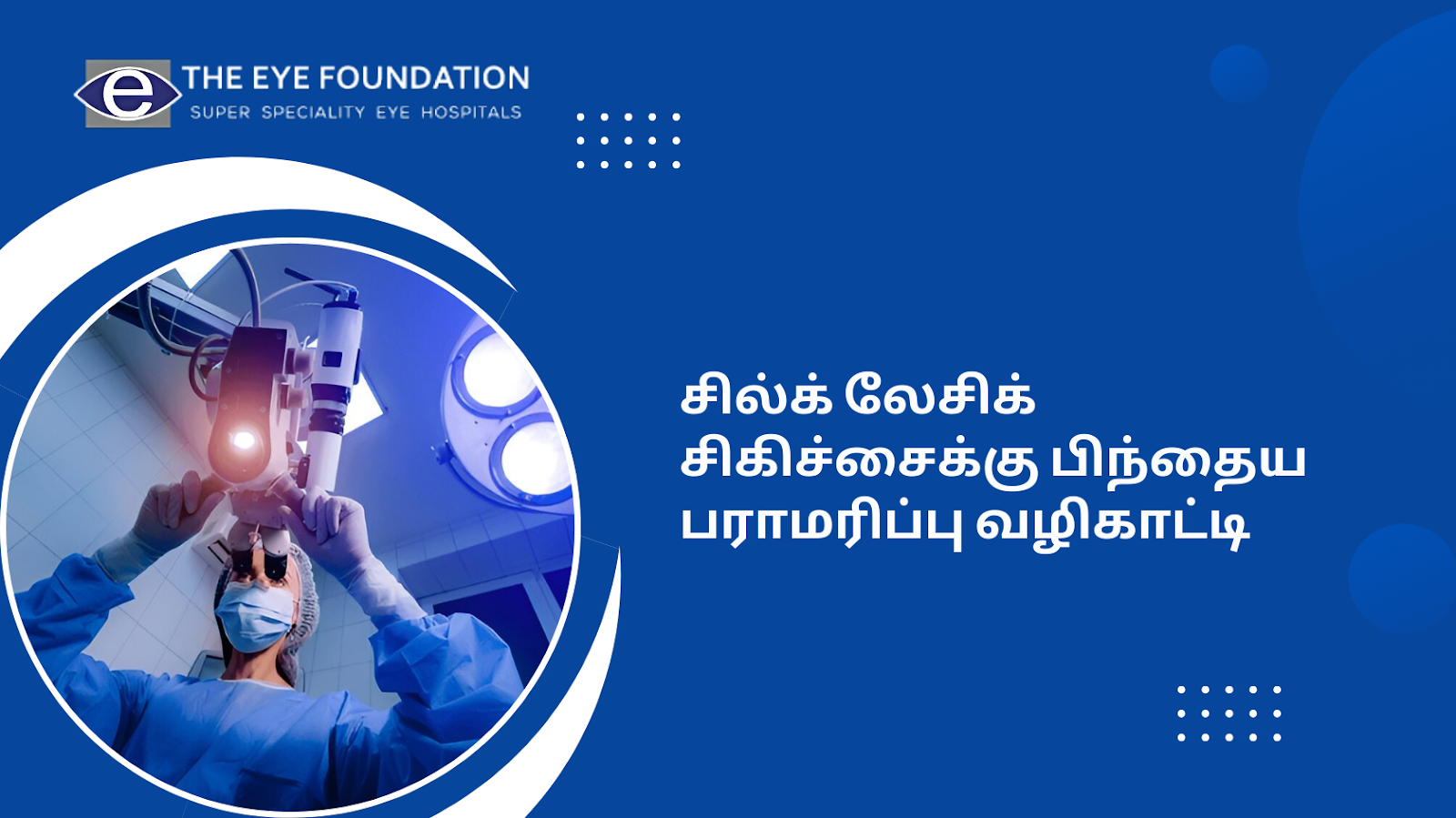Keratoconus is a progressive eye condition that causes the cornea, which is the clear, dome-shaped surface of the eye, to thin and bulge outward into a cone shape. This distortion leads to blurred vision and can significantly impair one's quality of life. However, a revolutionary treatment called corneal collagen cross-linking (CXL) offers hope to individuals battling this condition. Let's dive into how CXL works, its benefits, and why it could be the solution you've been searching for.
What is Corneal Collagen Cross-Linking?
Corneal collagen cross-linking is a treatment aimed at strengthening the cornea if it has been weakened by keratoconus. The procedure uses ultraviolet (UV) light and a photosensitizer called riboflavin (vitamin B2) to create additional chemical bonds between collagen fibers in the cornea. These new bonds help stabilize the cornea and prevent further progression of keratoconus.
The CXL Procedure: A Simple Yet Effective Approach
The process of corneal collagen cross-linking involves several straightforward steps. First, the eye is numbed using topical anesthetic drops to ensure comfort throughout the procedure. The outer layer of the cornea, known as the epithelium, is then gently removed to allow better penetration of the riboflavin.
After the riboflavin drops are applied, the cornea is exposed to controlled UV light for approximately 30 minutes. This exposure causes the riboflavin to react with the collagen, leading to increased cross-linking, which strengthens the cornea.
Benefits of Corneal Collagen Cross-Linking
- Halts Progression of Keratoconus: The primary benefit of CXL is its ability to halt the progression of keratoconus, thus preventing further deterioration of vision.
- Improves Corneal Stability: By strengthening the collagen fibers, CXL increases the stability of the cornea.
- Potentially Delays or Eliminates the Need for Corneal Transplant: For many patients, CXL can delay or even eliminate the need for a corneal transplant.
- Enhances Contact Lens Comfort: Stabilizing the shape of the cornea can make contact lens wear more comfortable and effective for patients with keratoconus.
Is CXL Right for You?
Deciding whether CXL is right for you involves a discussion with your ophthalmologist. They will consider the stage of your keratoconus, the rate of progression, and your overall eye health to determine if this treatment can be beneficial for you.
Schedule Your Appointment Today
If you are experiencing vision issues due to keratoconus, don't wait to seek help. Corneal collagen cross-linking has proven to be a promising solution for many individuals, offering a chance to stop the progression of the disease and maintain better visual acuity. Contact The Eye Foundation today to schedule an appointment and explore your treatment options. Let us help you regain control over your vision and lead a fuller, more vibrant life.






